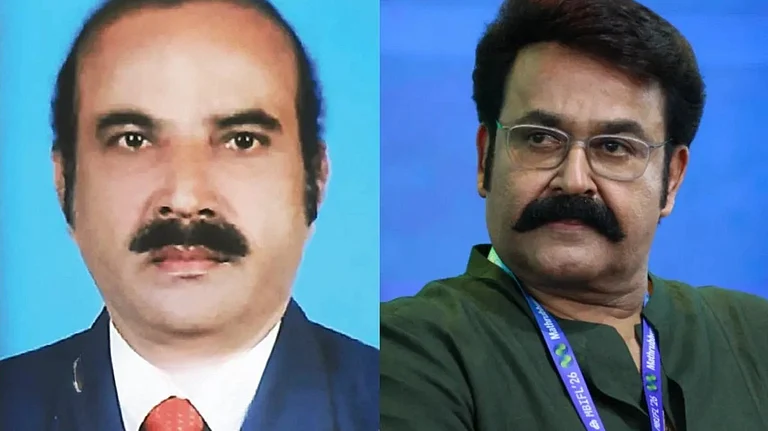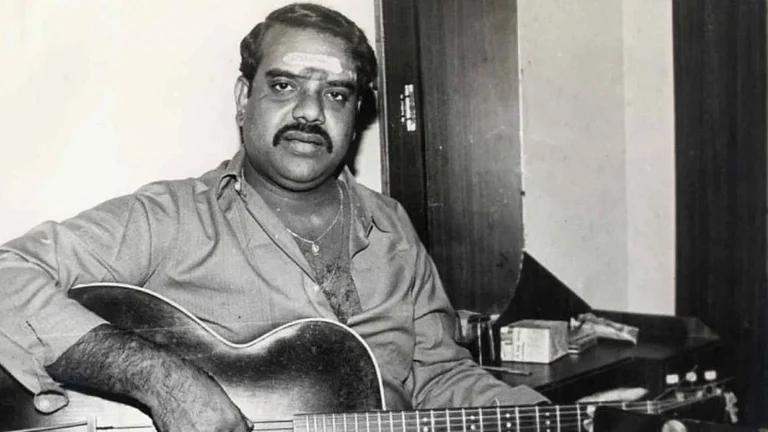The Malayalam film industry, also known as Mollywood, is based in the southern Indian state of Kerala. Renowned for its realistic storytelling, strong narratives, and socially relevant themes, it has carved a niche in Indian cinema. The industry produces films in Malayalam, the official language of Kerala, and is known for its high-quality content despite working with relatively smaller budgets compared to other Indian film industries like Bollywood and Tollywood.
Known for its innovative themes, Mollywood has embraced both commercial and parallel cinema, making it a prominent part of Indian filmmaking. With a blend of traditional values and modern filmmaking techniques, the Malayalam film industry continues to grow and influence Indian and global cinema.
Often praised for its artistic brilliance, the Malayalam film industry is to be found at a troubling crossroads. According to some of the recent revelations from the Justice K Hema Committee report the cherished institution has some systemic failures, particularly concerning the harassment and exploitation of women in the industry. While such revelations should be the reason for introspection and reform within the industry, the response from some of the existing film bodies, notably the Association of Malayalam Movie Artists (AMMA) and the Film Employees Federation of Kerala (FEFKA) has only given the reason to be both disappointed and disheartened.
It is amidst this atmosphere of crisis that the formation of the Progressive Filmmakers' Association (PFA) can turn out to be a hopeful move. Spearheaded by notable filmmakers such as Anjali Menon, Lijo Jose Pellissery, and Rajeev Ravi, along with other industry faces, the PFA hints at a much-needed change. The vision of this new association points out that despite its economic and cultural contributions, the Malayalam cinema industry is being pulled down by its outdated practices. Their practices are rather steeped in patriarchal structures which constantly are failing the standards of equality, fairness, and justice.
It is significant to note that the PFA stresses ethical accountability, systematic modernization, and workforce engagement, which distinguishes it from existing organizations that have been, at most, passive or, at worst, partners in preserving the current exploitative system. The vision presented by the PFA is progressive, with an emphasis on equality and corporate responsibility, which may be viewed as the basis of a decent work environment.
What the Progressive Filmmakers' Association represents is not just another industry body—it is a promise of revolutionizing Malayalam cinema. By prioritizing the rights of everyone in the filmmaking community and fostering a collaborative environment, the PFA seeks to elevate Malayalam cinema to new heights, both creatively and in terms of industry standards. This movement is not just about addressing the immediate crisis; it is about creating an inclusive and ethical future for all.
What the Progressive Filmmakers’ Association carries is not merely one more association, but a hope of a new face of Malayalam cinema. Focusing on the rights of every participant in the process of creating a film, the aim of PFA is to improve the industry’s ideas of best practices and actively introduce the industry to an ethical shift.
The Malayalam film industry has for very long not paid much attention to the women on its sets, the technicians, and the young talents struggling to get their break. The PFA or Progressive Filmmaker’s Association knows about cooperation and fairness and it’s high time that these are implemented for the future of moviemaking.. If Malayalam cinema has to transform and become a competitive industry that provides opportunities for everyone to work without such fears of exploitation and sexual harassment, it needs to start today.
The PFA is appealing to the filmmakers and all the workers in the industry to join together and it is believed that this is the beginning of the new era. In an age where creativity complements ethics, cooperation eliminates exploitation, and justice becomes the norm. For an industry that has a history of over a hundred years and is well known internationally, the Malayalam film industry does warrant this change.
Comparison with Bollywood's Transformation
The challenges faced in the Malayalam cinema are the same as Bollywood, particularly after the #MeToo movement. The responses in both industries were slow and negligible, especially for harassment issues but now there are fresh voices and organizations that are calling for checks, reforms, and openness.
The formation of PFA in Malayalam cinema can be compared to Bollywood’s attempt toward change as well. Both movements reflect a larger fight across India to break down old systems that allowed exploitation to continue unchecked.
The Progressive Filmmakers' Association is a key moment for Malayalam cinema, offering a vision of ethical filmmaking that could inspire change in the Indian film industry as a whole. By embracing these progressive values, Malayalam cinema can create a fairer and more inclusive future for everyone involved.























